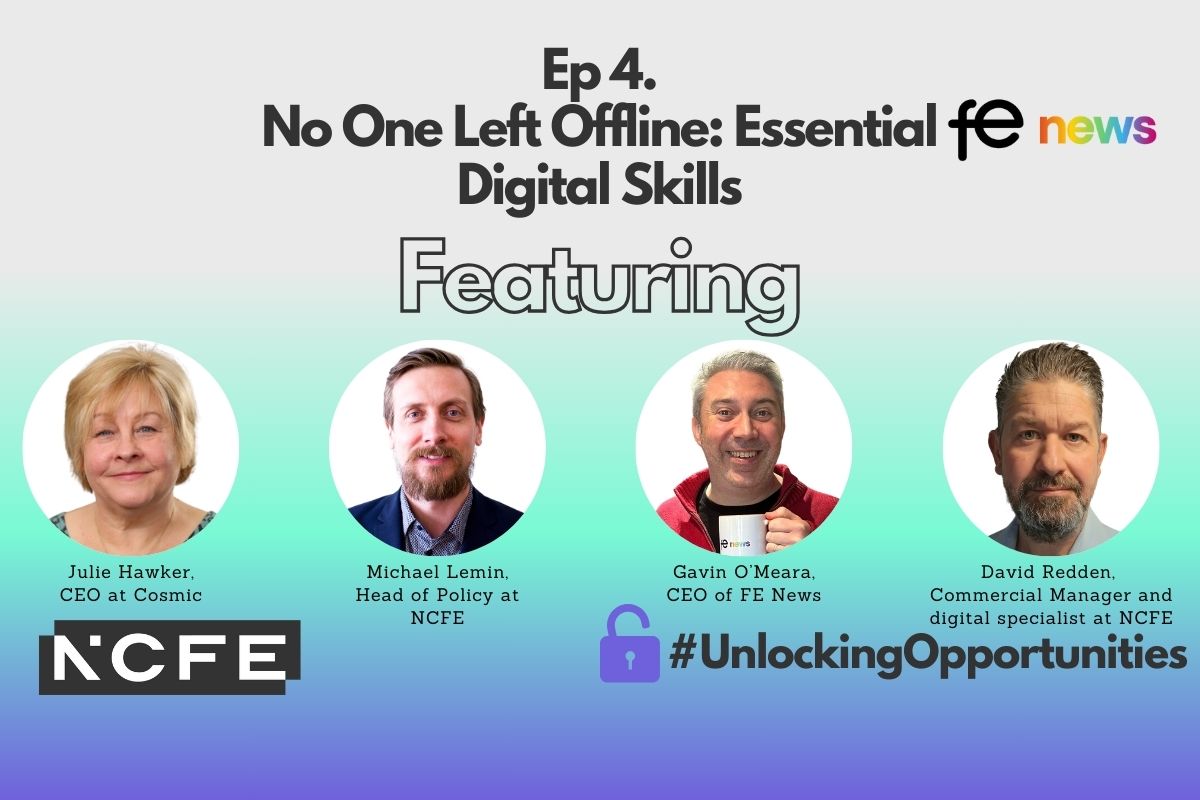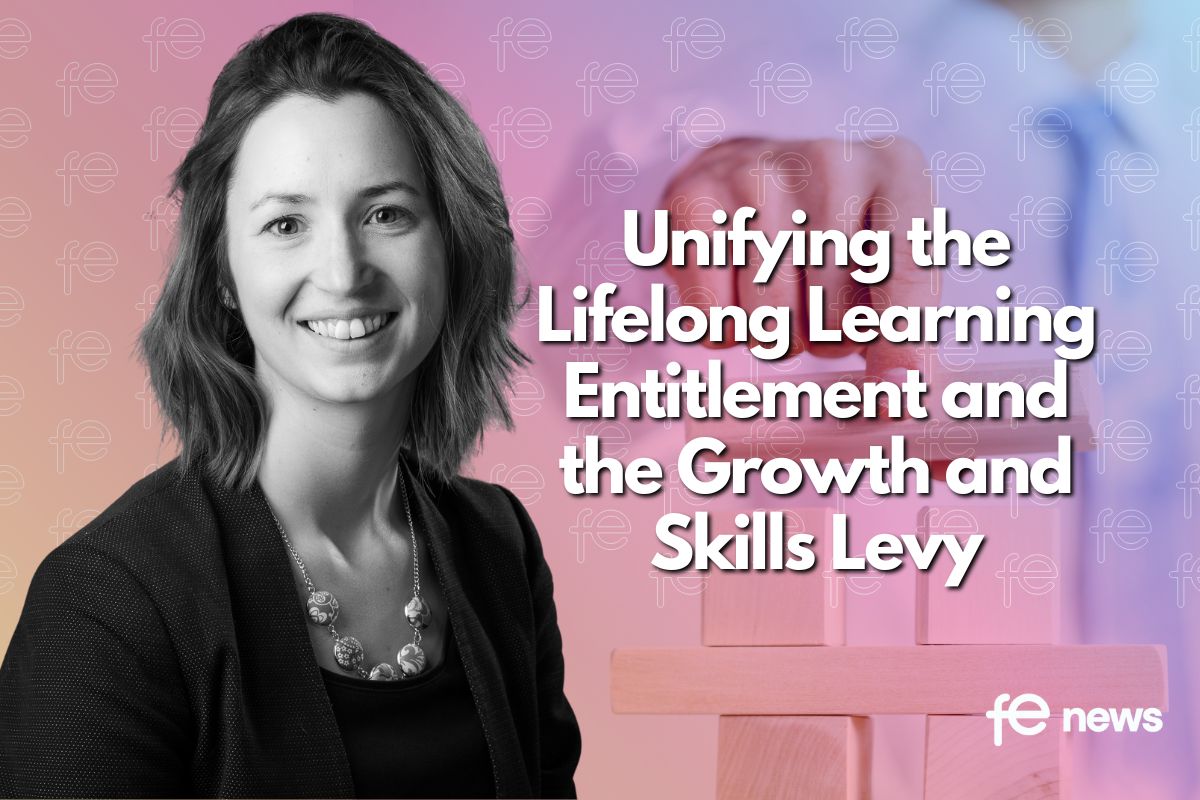Higher Ed Institutions Embracing Digital Transformation for Their Student and Alumni Event Experiences

The higher education sector in the UK and Europe is now actively embracing digital transformation in order to support their recruitment drives, increase reach and engagement and enhance student and alumni event experiences, according to meetings and events technology provider, Cvent (@cvent).
Cvent CMO Patrick Smith said:
“In recent years, higher education institutions have begun to embrace technology to drive efficiencies, increase student engagement, manage alumni events, and grow revenue for their departments and institutions. During the pandemic, higher education institutions relied on virtual and hybrid events to connect, engage, and interact with their various stakeholders. Cvent’s event marketing and management platform provides marketers and event organisers within the education sector with the tools they need to support critical recruitment drives, alumni donation efforts, and deliver more impactful meetings and events, whether they be virtual or in-person.”
Cvent has many higher education clients in the UK and Europe including: Imperial College London, London School of Economics and Political Science, University College Birmingham, University of Bristol, University of Edinburgh, University of Portsmouth, International School of Brussels, New Zealand Academy of Digital Dentistry, Swiss Tropical and Public Health Institute (Swiss TPH), Norwegian University of Life Sciences, and the University of Duisburg-Essen, among others.
During the pandemic, virtual open days have been a way for institutions across the UK and Europe to engage with prospective students during lockdown restrictions. In the UK, the Universities and Colleges Admissions Service (UCAS) found that over half of respondents (59%), from their recent survey, had attended a virtual open day, with the majority saying they had taken part in one or two.
In the post-pandemic environment, where in-person, virtual, and hybrid event options are likely to be expected, technology will now be essential for organisers in the higher education arena to engage prospective students, alumni, donors, and other important attendees more effectively. For campuses that support meetings and events including recruitment and freshers’ fairs, open days, faculty and alumni activities, fundraisers, international cultural events and more, leveraging event technology saves valuable time, freeing up resources to enhance outreach and engagement efforts. For attendees, it creates a seamless, personalised experience – both online and in-person.
CASE STUDY:
The University of Portsmouth shifted to virtual events during the pandemic, utilising Cvent’s Attendee Hub to support recruitment events for under 16’s, under-graduates and post-graduates. Cvent’s technology enabled the university to easily connect with students online; reaching more than ever before, customise the user experience, support prospective students’ post-event and streamline processes across various departments. Overall, 16 events were hosted with 394 sessions, 9,376 registrants were recorded and 642 one- to -one appointments booked.
“By going virtual, we had the ability to reach more prospective students across time zones and more flexibility to offer more events during times that wouldn’t have been conducive for face-to-face,” Kate Dunstone, Postgraduate and CPD Recruitment Manager, University of Portsmouth explains.
She adds: “Our guests have shared that their virtual experience has exceeded their expectations, from the ability to connect via one-to-one appointments with course leaders to the ability to access the information after the event. This has been an absolute gold star for what we’re trying to do from an attendee experience perspective.”
For future events the University of Portsmouth intends to produce blended experiences which include in-person campus open days and virtual online sessions and meetings. Sophie Dear, Head of Marketing and Campaigns says: “We would run a series of small student-led campus tours, so they have the chance to visit the campus, but the conversations and all the content with their tutors and other staff would happen virtually in the platform.”











Responses